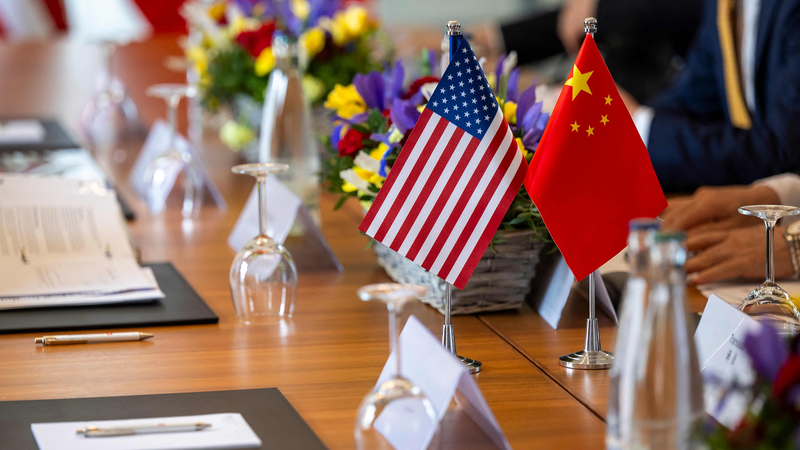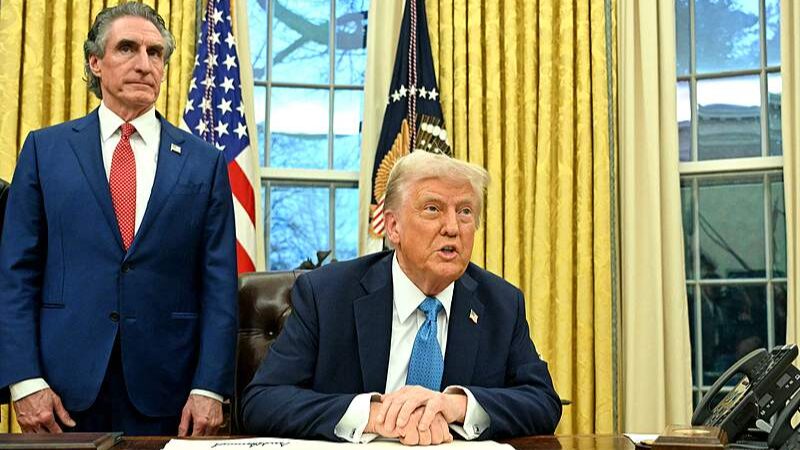As Chinese and U.S. economic officials convene in Stockholm this week for high-stakes trade discussions, global tech giants and startups alike are holding their breath. At the heart of the negotiations are proposed adjustments to technology-related tariffs—a move that could reshape supply chains, pricing strategies, and innovation pipelines across Silicon Valley and beyond.
Analysts suggest that reduced tariffs on semiconductors, AI hardware, and telecommunications equipment could lower production costs for firms reliant on cross-border manufacturing. However, lingering tensions over intellectual property rights and export controls remain sticking points. 'This isn’t just about tariffs—it’s about defining the rules of engagement for the next decade of tech competition,' said a venture capitalist specializing in Asian markets, who requested anonymity due to ongoing partnerships.
For investors, the talks signal either renewed opportunities for cross-Pacific collaboration or a hardening of bifurcated tech ecosystems. Meanwhile, academics warn that prolonged uncertainty may delay critical R&D investments in quantum computing and green energy technologies. As the world’s two largest economies navigate this complex dialogue, the ripple effects will be felt from Shenzhen’s factories to California’s boardrooms.
Reference(s):
cgtn.com





